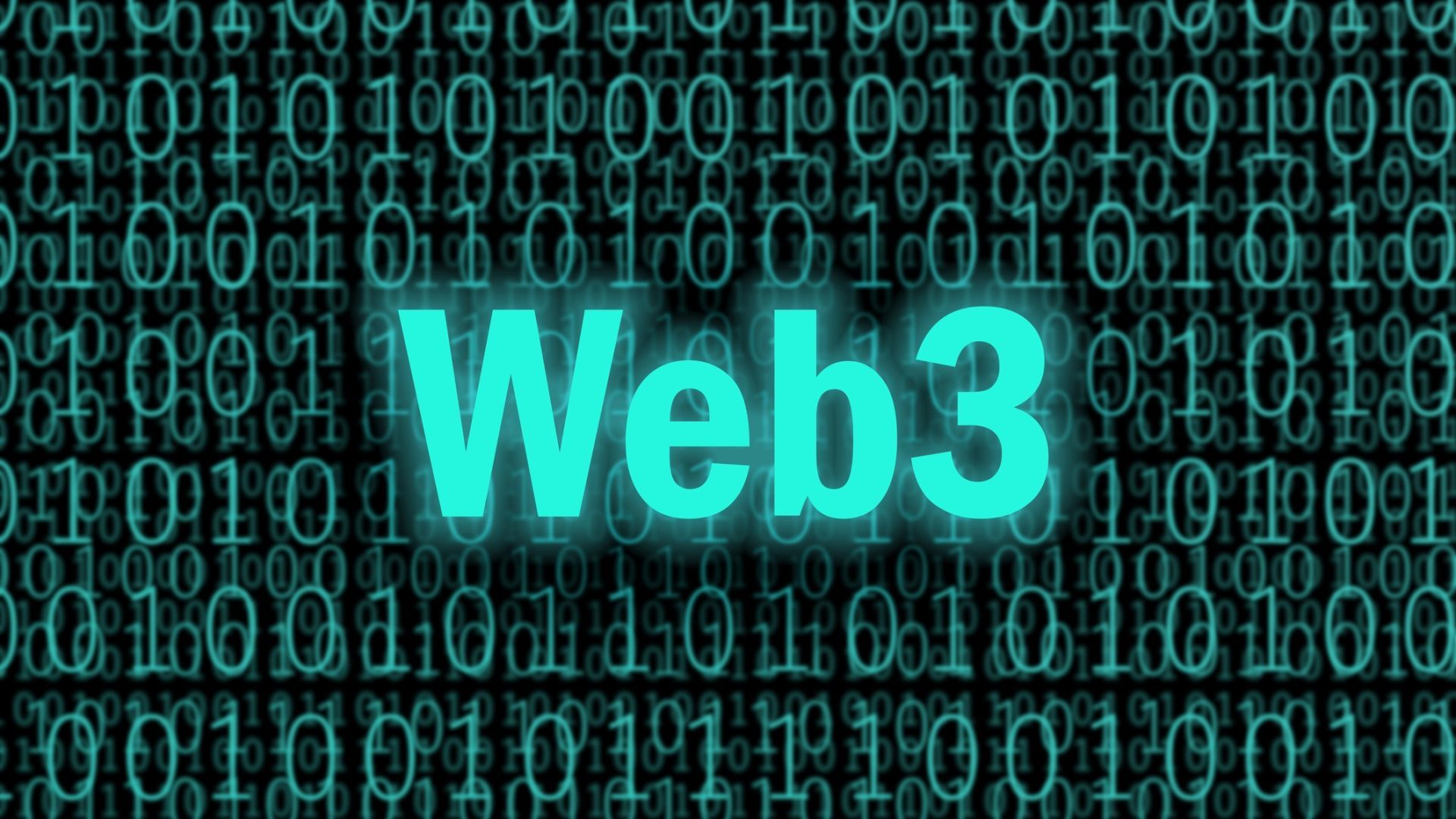Junk.Fun is a Solana MEME recycling platform supported by @bonk_inu and incubated by @MantaNetwork.
Users can destroy "zeroed-out MEME, passively received garbage airdrops, and NFTs" on Junk.Fun in exchange for SOL. After destruction, users will receive Credits on Junk.Fun.
Credits have two usage paths:
1) Direct withdrawal: You will receive 0.002 SOL in your wallet, which should belong to you, from "zeroed MEME, passively received junk airdrops, and NFTs".
2) Open Junk.Fun chests to win more SOL, physical prizes (such as iPhones), NFTs, and other rewards in future airdrops.
During the first month of the campaign, Junk.Fun will be giving away at least $50,000 in prizes.
The following is a detailed tutorial and explanation of the underlying principles.
1/ Go to https://www.junk.fun/?ref=EE9BW. Connect to your Solana wallet in the upper right corner.
2/ The bottom shows the five main functional modules of Junk.Fun, which are:
1) Junk Destruction
2) Chest
3) Rewards
4) Points integration
6) Referral
1) Junk Destruction
First, click "Destroy Junk". As shown in the image below, you will see details of your MEME and NFT holdings, including passively received zero-drops.
Click on the token on the left, then click on Trash Junk to destroy it on the right to obtain Credits.
Currently, some MEMS do not directly display token abbreviations and logos; this feature is under development. Additionally, tokens such as $USDT, $USDC, $TRUMP, and $PENGU have been added to a whitelist to prevent accidental destruction.
After destruction, as shown in the image, you will receive Credits and Points. Credits are actually the SOL retrieved after destroying the MEME and NFT.
Points, to some extent, affect the probability of obtaining the rarity of treasure chests.
2) Chest
Open the treasure chest on the Chests page to receive corresponding rewards. Click WIN IN LOTTERY to participate in the lucky draw and win even bigger rewards.
There is a 46% chance of winning a prize in the lucky draw;
Opening a legendary treasure can earn you up to 60% of the total prize pool.
3) Rewards
Enter this page to participate in the lucky draw. During the first month of the event, Junk.Fun will be giving away at least $50,000 in prizes.
4) Referral
You can view the invitation code on the referral page, invite more friends, earn more points, and increase your chances of winning big prizes.
Solana Account Rental Mechanism Explained
Did you know that every time you receive a junk airdrop in your Solana wallet, it will deduct 0.002 SOL from your account?
That's right, this is Solana's account rental mechanism. Some of you might be wondering, "I wasn't charged any rental fees when I created my Solana address."
Okay, before understanding the Solana account mechanism, let's distinguish between the concepts of address and account.
In the Solana architecture, an account is not the same as an address. Solana addresses are free to create, can receive assets, sign transactions, and do not occupy on-chain storage.
This is crucial; it doesn't consume on-chain storage.
When will "rent" be charged? It will be when on-chain storage is used.
How is on-chain storage usage calculated? Let's say someone transfers USDC to you. The Solana system needs to create a "USDC Token" account, at which point 0.002 will be deducted from your SOL balance as a rental fee. Once the account is created, the USDC will be credited to your account.
Another common scenario is passively receiving junk coin airdrops. The system automatically creates a junk coin token account for you and deducts 0.002 SOL as rent. Your wallet has more junk airdrops, but your SOL has decreased.
Therefore, the relationship between an address and an account is similar to having multiple accounts under your name, each receiving different tokens. Each account requires a 0.002 SOL rental fee. However, in many cases, opening an account is involuntary.
The image below, created by Solscan, shows the status of the MEME token SBAE, where SOL Balance 0.002039 represents the rental fee.
Although the USDC page does not display SOL Balance, the Owner Program is a Token Program, meaning that rent still needs to be paid.
Why is there a "rent"?
In fact, this is to prevent state explosion, similar to a DDoS attack, and to prevent someone from maliciously issuing tokens infinitely on the blockchain.
In reality, in order to reduce the costs of normal project airdrops and to make it a system where whoever benefits pays, many spam MEME creators have instead used this to fabricate fake token-holding address data.
Junk.Fun's essence is to help users recover passively deducted SOL rental fees.








